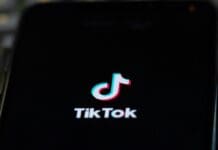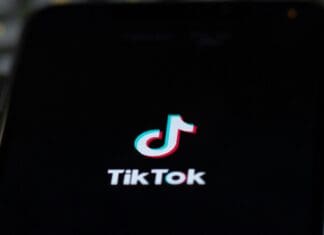This post is also available in:
 עברית (Hebrew)
עברית (Hebrew)
As the Israel-Iran conflict intensifies, cyberspace has become a secondary battlefield, with digital offensives escalating in both scope and complexity. The result has been a significant uptick in disruptive cyber campaigns, primarily in the form of Distributed Denial-of-Service (DDoS) attacks and widespread disinformation operations.
According to data from Radware, a global provider of cybersecurity solutions, Israel has faced an average of 30 DDoS attack claims per day since the onset of hostilities. The majority of these operations are being spearheaded by hacktivist collectives such as “Mr Hamza” and “Arabian Ghosts.” The most frequently targeted sectors include government and public institutions (27%), manufacturing (20%), telecommunications (12%), and media platforms (9%).
DDoS attacks—often low-cost but high-impact—aim to overload online services, forcing them offline and disrupting public access. These attacks are commonly accompanied by website defacements and data leaks, designed to embarrass institutions and cause psychological disruption during times of crisis.
Alongside these technical assaults, a parallel battle for public perception is underway. Iran and its affiliates have launched a large-scale disinformation campaign, featuring fake news and fake and edited imagery. These efforts are intended to confuse, mislead, and incite fear among Israeli citizens.
Meanwhile, Iran is attempting to curb internal dissent and international influence on Iranian citizens by restricting their internet access and advising them to delete communication apps like WhatsApp. Such measures aim to control the domestic narrative and limit exposure to external viewpoints.
The current wave of cyber activity underscores how modern conflicts are no longer confined to the battlefield. With attacks targeting both infrastructure and public perception, digital resilience has become a strategic necessity. As hacktivist campaigns grow more coordinated and disinformation tactics more advanced, governments, businesses, and civil society must strengthen their defenses—not only to protect systems and data, but to safeguard the truth in an increasingly contested information space.


























